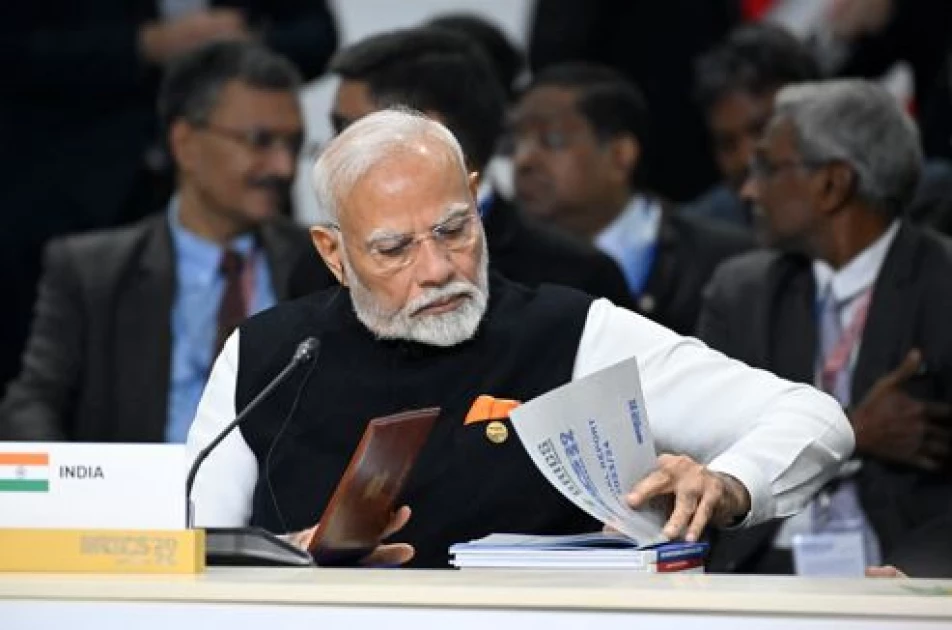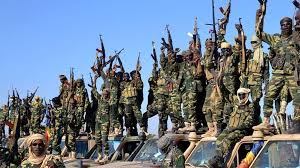India has temporarily paused plans to buy military equipment from the United States, following new U.S. tariffs on Indian goods. This move signals rising tensions between the two countries.
According to three Indian officials who spoke to Reuters, the decision was India’s first major reaction after former U.S. President Donald Trump imposed an extra 25% tariff on Indian exports. Trump said the tariffs were punishment for India’s continued purchase of oil from Russia, which he claims helps fund Russia’s war in Ukraine.
With the new tariffs, Indian goods now face up to 50% duty — one of the highest rates for any U.S. trading partner.
India had planned to send Defence Minister Rajnath Singh to Washington to announce key defence deals, but that trip has now been cancelled. Among the delayed purchases were:
Stryker combat vehicles from General Dynamics
Javelin anti-tank missiles made by Raytheon and Lockheed Martin
Six Boeing P-8I surveillance aircraft for the Indian Navy, in a $3.6 billion deal
The talks had reached advanced stages, but officials say progress is now frozen. One official clarified that there is no written order to stop the deals, meaning they could still move forward quickly if tensions ease.
After publication of this story, India’s Ministry of Defence denied the pause, calling reports “false and fabricated.” The ministry insisted that the procurement process is continuing as planned.
India, which has built a strong defence and trade relationship with the U.S. in recent years, says it is being unfairly targeted. New Delhi points out that the U.S. and Europe also continue to trade with Russia when it suits their interests.
India is currently the second-largest arms importer in the world. Although Russia has long been its main weapons supplier, India has recently shifted toward buying from countries like the U.S., France, and Israel. This shift is partly because Russia is heavily using its military equipment in Ukraine and some of its weapons have shown poor performance in the war.
Despite the setback, India’s wider defence relationship with the U.S. — including joint military exercises and intelligence sharing — remains unaffected for now.
Indian officials said the country is open to reducing oil imports from Russia, but only if it can find similar low prices elsewhere, including from the U.S. However, with shrinking discounts on Russian oil and rising anti-American sentiment in India, any quick change seems unlikely.
One official explained that Trump’s aggressive actions and rhetoric have made it politically difficult for Prime Minister Narendra Modi to fully shift India’s military dependence away from Russia.
Tensions between India and the U.S. had already been building. India rejected Trump’s earlier claim that the U.S. had brokered a ceasefire with Pakistan after brief fighting between the two nuclear-armed neighbors in May. Meanwhile, Trump also invited Pakistan’s army chief to the White House, which further irritated India.
Russia, seeing an opportunity, has recently approached India with offers to sell advanced defence systems like the S-500 surface-to-air missile, according to Indian and Russian sources. Still, Indian officials say they see no immediate need for more Russian weapons.
However, they also admit that India’s long-standing relationship with Russia means its military will continue to rely on Russian support and spare parts for the foreseeable future.
The decision to delay the U.S. arms deals may only be temporary, but it reflects deeper concerns in India about the future of its relationship with Washington. Both countries now face a difficult balancing act between strategic partnerships, economic interests, and political pressures at home.



